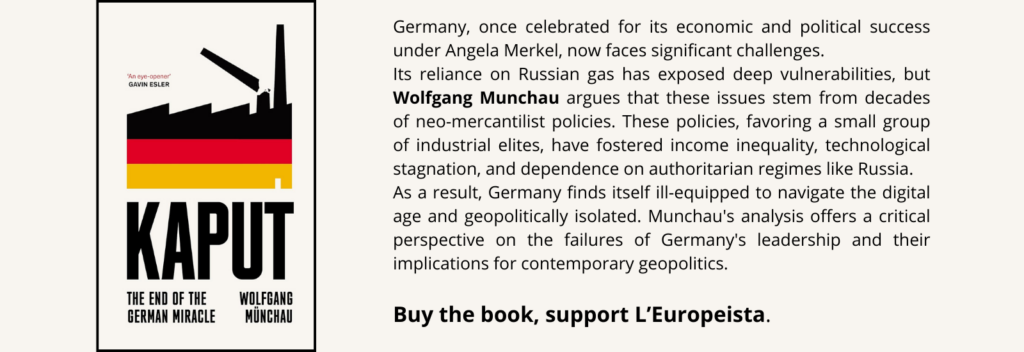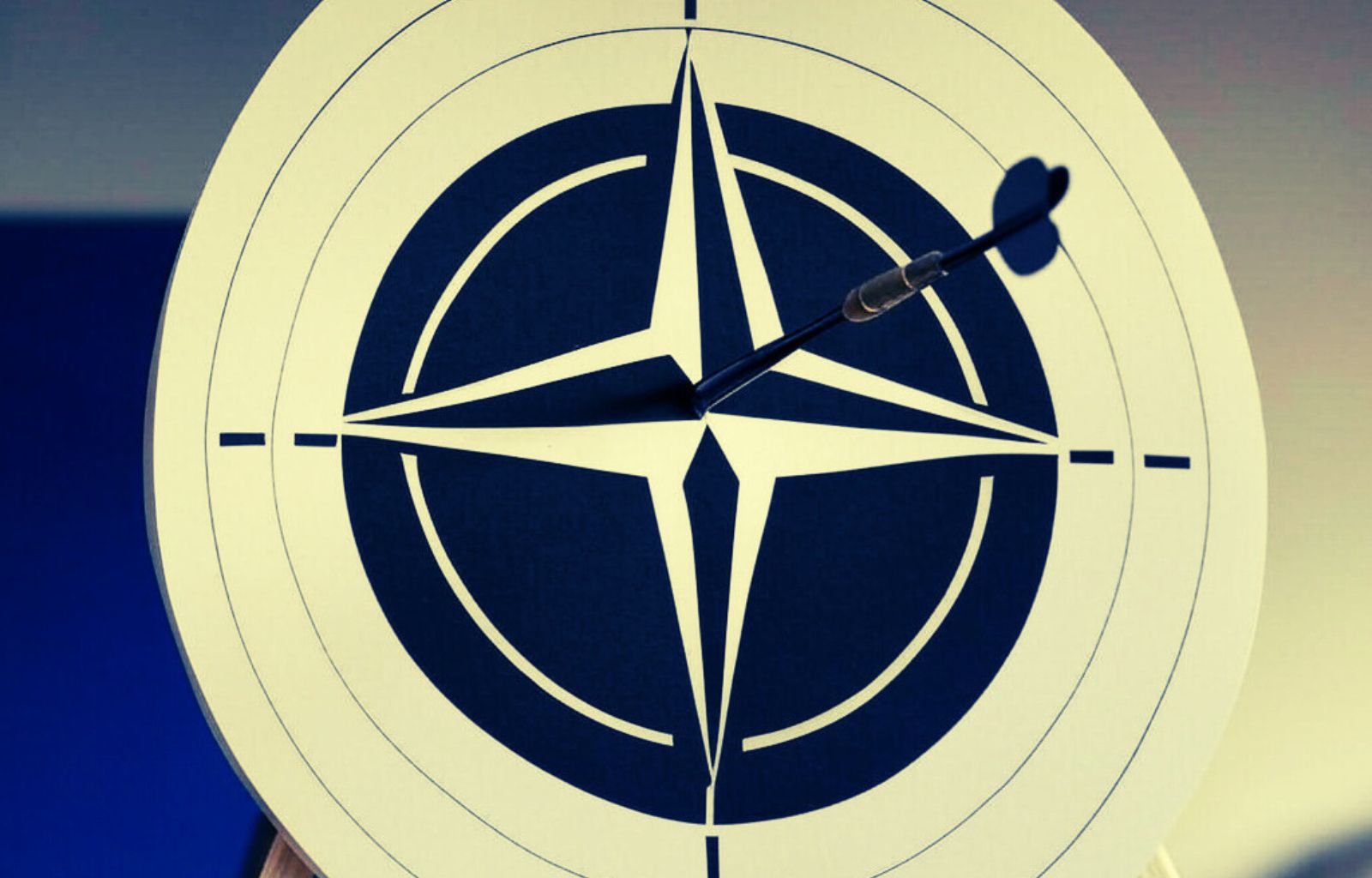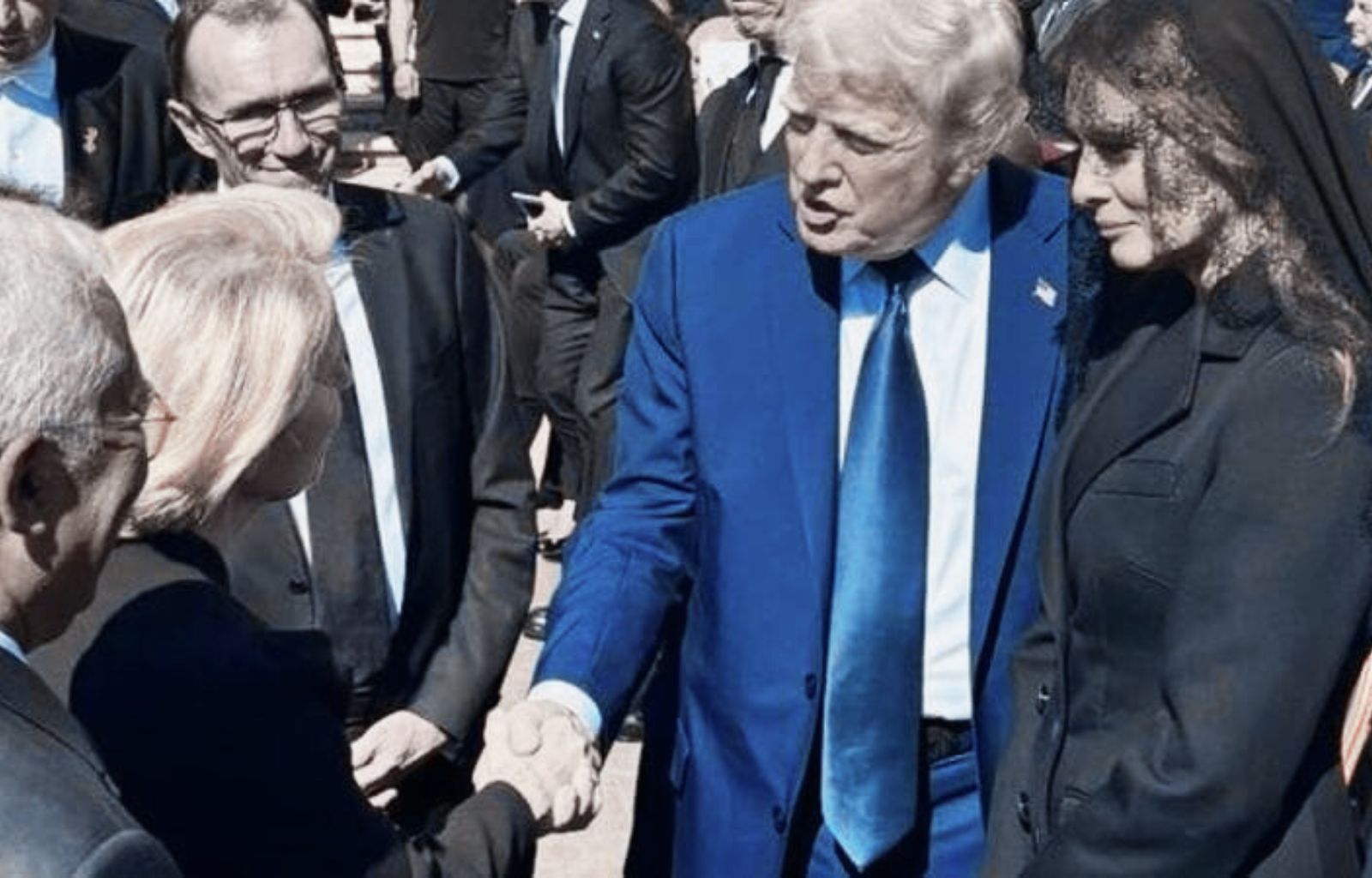Has the rupture between Russia and Germany favoured the US?

The war between Russia and Ukraine has generated a series of geopolitical consequences that go far beyond regional borders, involving international actors with diverging interests. Among the various issues under discussion, one of the most controversial aspects concerns the role of the United States and its alleged goal of permanently disrupting energy relations between Russia and Germany, with particular focus on the Nord Stream 2 pipeline project.
Nord Stream 2: a strategic collaboration
The Nord Stream 2 gas pipeline, completed in 2021, was a symbol of energy cooperation between Russia and Germany, and more generally between Moscow andEurope. The initiative, strongly supported by former German Chancellor Angela Merkel and Russian President Vladimir Putin, would have doubled the capacity to transport natural gas from Russia to Germany across the Baltic Sea. This project had a clear objective: to ensure a stable and cost-competitive energy supply for German industry and, by extension, the entire European Union.
However, Nord Stream 2 has been strongly criticised by the United States from the start. Washington expressed concern about the potential increase in European dependence on Russian gas, fearing that this could strengthen Moscow ‘s influence on the European continent. But how much of this position is related to real geopolitical risks and how much to US economic and strategic interests?
War as a catalyst for ruptures
With the beginning of the war in Ukraine, the Nord Stream 2 gas pipeline became a central node in the energy and diplomatic crisis between Europe and Russia. The US took the opportunity to put pressure on Germany and other European countries to suspend the activation of the pipeline. Berlin, under the leadership of Chancellor Olaf Scholz, announced the blocking of the project shortly after the Russian invasion of Ukraine in February 2022.
The interruption of Nord Stream 2 was followed by an escalation in relations between Russia and the West. The unclaimed attacks on the Nord Stream 1 and Nord Stream 2 pipelines in September 2022 marked a point of no return, making the resumption of energy cooperation between Germany and Russia virtually impossible in the short to medium term.
US interests
In this context, many analysts have emphasised how the US has benefited from the rupture between Russia and Germany. On the one hand, the interruption of Nord Stream 2 significantly reduced Russia ‘s ability to use gas as political leverage overEurope. On the other, it opened up new opportunities for the US in the European energy market, with increased exports of liquefied natural gas (LNG) to the continent.
This dynamic has raised questions about the true nature of US policies. The official narrative focuses on support for European security andUkraine‘s sovereignty. However,Europe ‘s growing dependence on US LNG and the economic benefits for US suppliers fuel suspicions that the US has also pursued a parallel economic agenda, or that we have assertively accompanied a trend.
With the ‘filters’ of pro-Russian and pro-Putin propaganda, all this has turned into the usual tale of the American conspiracy to provoke Russia into actually triggering the war in Ukraine, with the aim precisely of disrupting Berlin’s good relations with Moscow, but also those of Paris and Rome with the Russian capital.
The German question, according to Munchau
The reality, of course, is extremely more complex than a conspiracy novel. In her recent memoir, and later in the presentations she is making around Europe, Angela Merkel often dwells on the unsuccessful outcome of her attempt to bind Putin’s Russia to a model of economic diplomacy in which gas supply was the mutual interest that could keep Europe and Russia bound – and at peace. ‘It is a matter of great regret to me that the attempt failed, but I do not blame myself for trying,’ the former chancellor said on one occasion. Beyond personal choices, it was actually the German production system itself that failed. Wolfgang Munchau, who in his latest essay Kaputt – The End of the German Miracle, argues that Germany’s current difficulties are the result of the crisis of an economic model built on a strong dependence on exports. At the same time, an excessive focus on traditional industry interests has led to a technological lag, preventing Germany from rapidly adapting to digital transformations and the new demands of the global market. Against this backdrop, the attempt to buy cheap energy, turning a blind eye to the authoritarian Moscow regime and deluding oneself into moderating it to the tune of petrol-euros, was a fatal mistake that – again according to Munchau – will condition much of the 21st century.
Europe and its strategic autonomy

Germany’s difficulties were, after all, the difficulties of the whole of Europe: the energy crisis triggered by the war in Ukraine highlighted the need to free ourselves from dependence on Moscow’s gas as soon as possible. However, getting rid of Russian gas meant that Europe became more dependent on the American supplier, the power on which we already depend for our security. Of course, we in L’Europeista are by no means advocates of strategic neutrality, not even in the energy sphere: better to depend on American LNG supply than on Russian gas. But to rediscover a role as a global player, Europe must now also be able to free itself energetically from the United States, as well as from the Gulf countries or other energy suppliers (such as Algeria, now Italy’s main gas supplier). For a large country like Germany, for example, this cannot seriously disregard a rethink on the use of nuclear energy. The interruption of Nord Stream 2 and also raised concerns about theEU ‘s ability to maintain a balance between its transatlantic relations and the need to establish an independent energy policy.
Germany, in particular, faces the economic impact of losing a stable and affordable energy source. That being said, the transition to renewable sources (including nuclear power, precisely) and the import of LNG require significant investment and cannot immediately compensate for the gap left by Russian gas, which is why it will be necessary to invest heavily in transatlantic relations, so that they are as balanced and equal as possible. What applies to energy, mutatis mutandis, applies to defence.
Not neutrality, but strategic autonomy
As convinced Europeanists, we believe thatEurope must seize this crisis as an opportunity to strengthen its strategic autonomy, both in the energy and geopolitical spheres. This does not mean being neutral (on the contrary, Western ties must be consolidated now more than ever, if only for convenience), but learning to ‘go it alone’ in a highly competitive and aggressive world. The challenge is not only economic, but also political and cultural.












